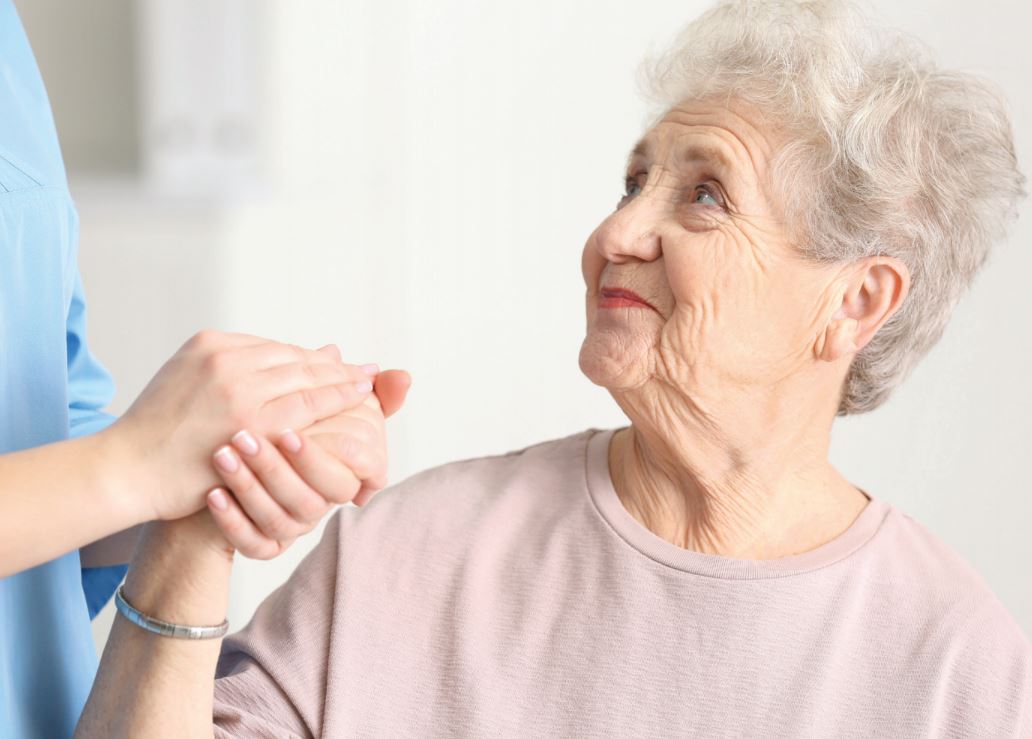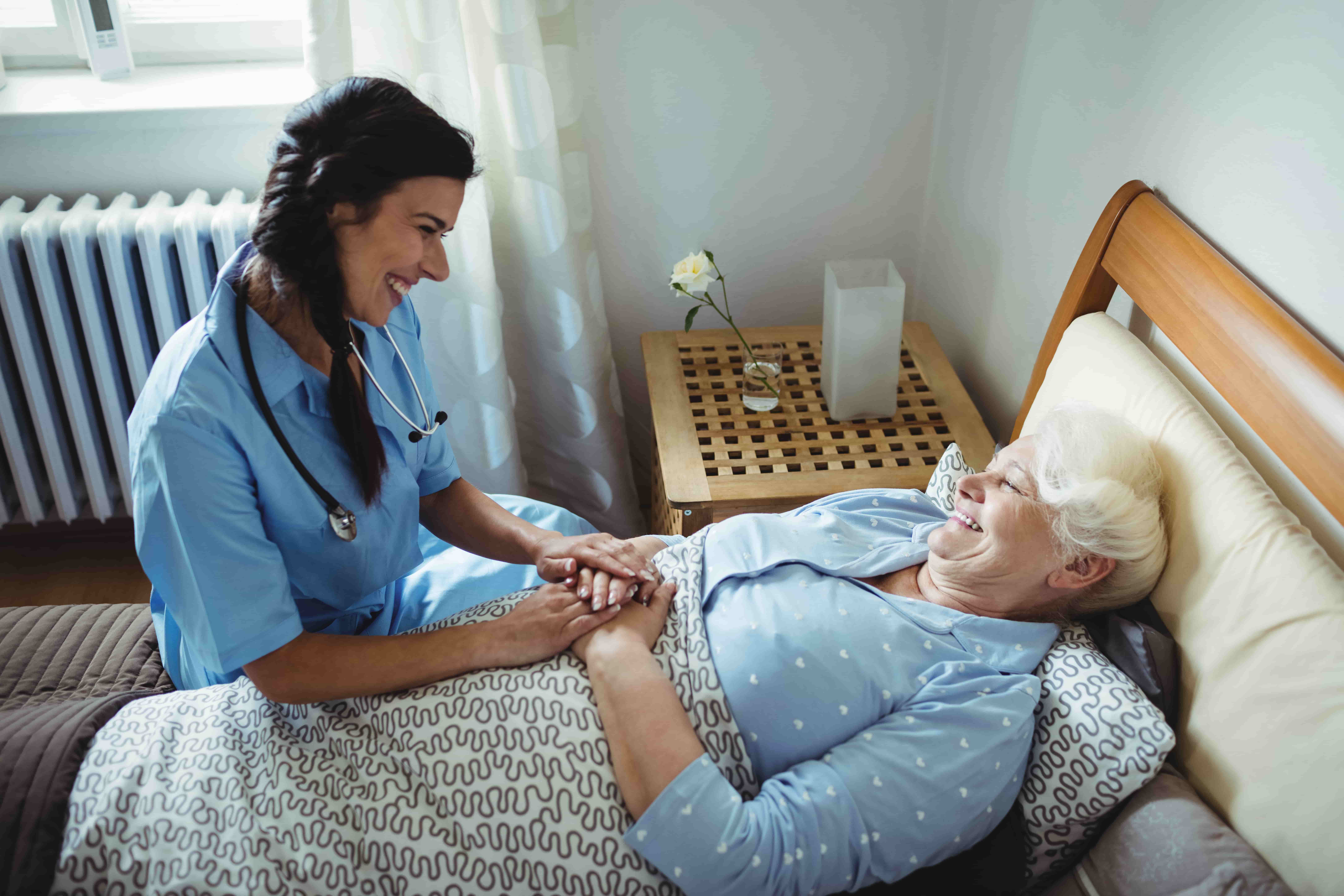
Preventing Hospital Readmissions with Safe Transitions to Home for Seniors
It is vital that patients receive safe care while transitioning from the hospital to home. The leading causes of hospital readmission for seniors are falling, not adhering to medication, and missing medical appointments.
According to a study in The New England Journal of Medicine:
- Nearly 1 in 5 (19.6%) of discharged Medicare patients were readmitted within 30 days
- 34.0% of patients were hospitalized again within 90 days of discharge
- The average stay of rehospitalized patients was 0.6 days longer than for patients with similar diagnoses who had been out of the hospital for at least six months
The goal of a discharge program is to improve outcomes by ensuring that the patient doesn’t come back in the first 30 days after their discharge.
To give your loved one support to help them heal at home and avoid rehospitalization, Westchester Family Care has created a 7 to 10 day discharge program. Here are some answers to common questions about discharge planning as well as information about how our program works.
The loved ones of patients can take an active role in discharge planning by choosing the best home care solutions. Westchester Family Care’s discharge program bundles the care, transportation to doctor’s appointments, and medication management together to increase the likelihood of success.


What is a hospital discharge plan?
A discharge plan is the holistic summary from the hospital of all follow up care, appointments, and medications needed. Hospitals are required by Medicare to provide discharge planning for inpatients when necessary.
The loved ones of patients can take an active role in discharge planning by choosing the best home care solutions. Westchester Family Care’s discharge program bundles the care, transportation to doctor’s appointments, and medication management together to increase the likelihood of success.
How does the discharge process work?
The discharge planners or social workers at the hospital receive regular updates on their assigned patients from the medical team and coordinate with the family members or responsible parties on plans for the patient moving to a rehab facility or to home. They maintain lists of home care agencies, and if the patient is coming home, they provide that list to the family to engage home care.


Does Medicare pay for home care after a hospital stay?
Medicare will typically cover rehab or some home care if a patient has been admitted for three days. This is often not enough care per day or per week, and it diminishes quickly. The beauty of working with Westchester Family Care is we can work with a certified Medicare agency to provide skilled services such as physical therapy or wound care while we provide the home care. The same caregiver can also provide additional private paid hours, which can expand as the Medicare-covered hours phase out.
About Westchester Family Care’s Discharge Programs
Seniors require assistance to ensure they have a smooth transition from the hospital to recuperation at home. During the 7 to 10 days after your loved one has been discharged from the hospital, Westchester Family Care can provide the following:
Customizable Care Options:
Choose between two care packages to meet your needs.
- A live-in caregiver who provides 24/7 support
- A daytime caregiver to assist while family caregivers are away
Certified Caregivers:
Our caregivers are New York State HHA certified and are supervised by Registered Nurses to assist those with diabetes, heart failure, pulmonary disease, mobility, and dementia.
Personal Care:
Services include bathing, grooming, dressing, toileting, light housekeeping, and meal preparation at home. We also assist with driving your loved one to appointments for manicures, pedicures, and haircuts with a third party.
Fast Service:
The planning of our personal care services starts a week before your loved one arrives home. We also partner with Medicare-certified providers, which makes it possible for patients to work with the same caregivers whether they are receiving services covered by Medicare or not.
Medication Reminders:
Our caregivers can ensure patients take their medications on the right schedule, and our Registered Nurses can handle duties such as filling prescriptions and setting up medications in pillboxes.
Home Inspection:
We’ll evaluate the hometo ensure it is clutter-free and has the necessary safety equipment installed in high-risk areas of the home.
Sensitivity:
We are extremely compassionate and understand that transitioning to home care can be a delicate situation. Our care coordinators work closely with you to ensure your family’s needs are met with a genuine desire to help by a caregiver that can relate to you.
How to Start a Home Care Transition
Contact us a week before your loved one is ready to come home! We can work with you, the hospital, and your loved one’s case worker to create a 7 to 10 day discharge program that meets your needs, whether it’s 24/7 care or a daytime caregiver. We also check out the home to make sure there are no safety hazards.
We will work with you to:
- Match your loved one with a caregiver
- Ensure transportation services are put in place before discharge
- Provide 7 to 10 days of care during the period of high-risk readmittance

Contacting Westchester Family Care for in-home care is easy!
Our compassionate care team will answer any questions you have and walk you through the process of getting in-home care.